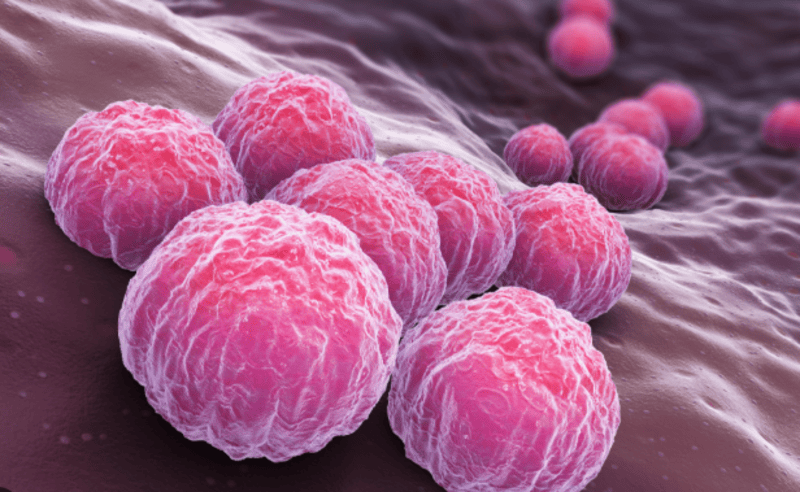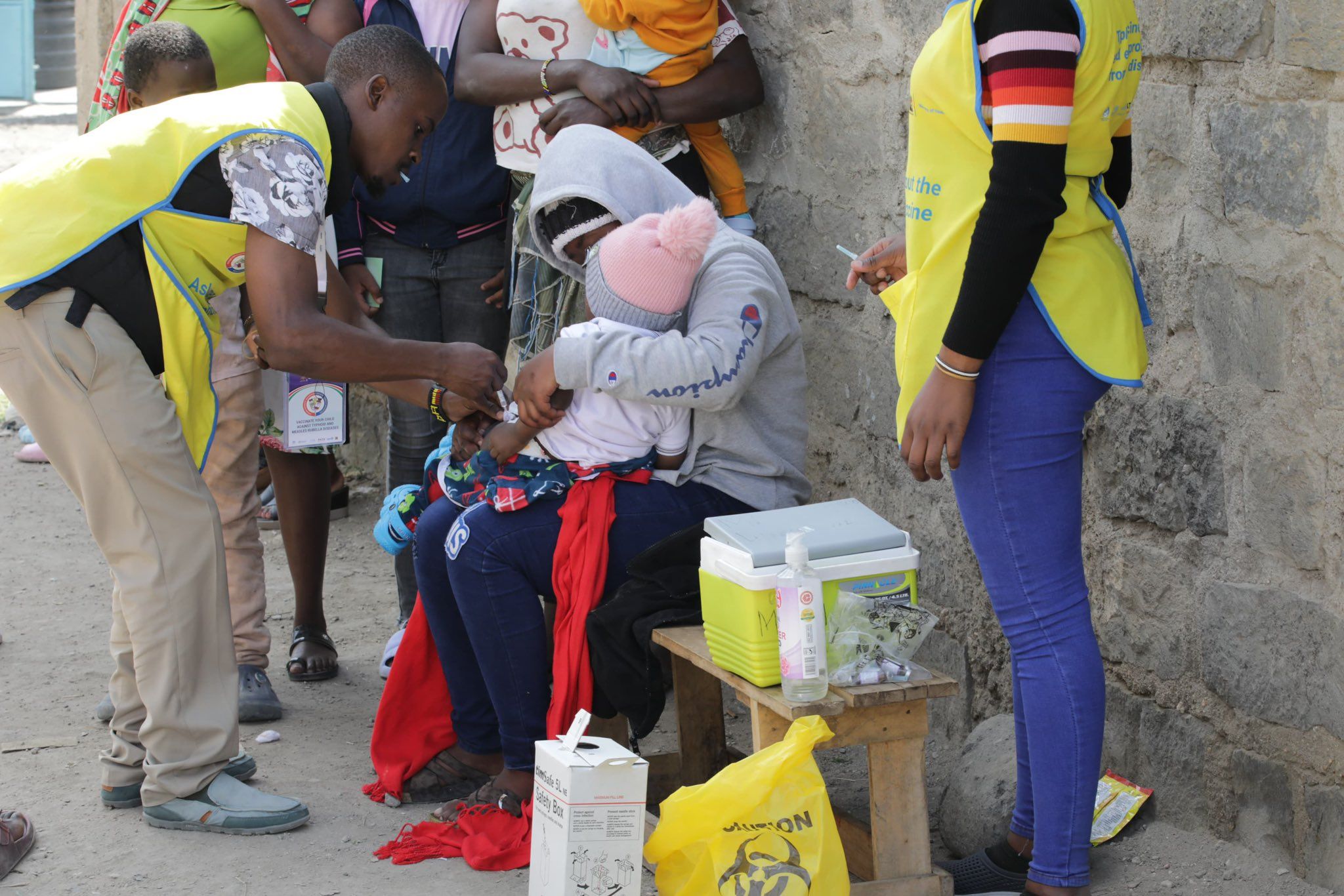Kenya Medical Association calls for increased regulation, education on miraa, muguka use

Dr Marion explained that both plants contain psychoactive substances that stimulate the central nervous system, leading to increased alertness, concentration, energy, and euphoria.
The Kenya Medical Association (KMA) has issued a call for increased regulation and public education concerning the use of khat and muguka stating the two plants native to East Africa are traditionally chewed for their stimulating effects.
Secretary General of KMA Diana Marion, highlighted the widespread usage and potential health risks associated with these substances, emphasising the need for a comprehensive approach to manage their impact on public health.
More To Read
- Why taxing sugar, alcohol won’t solve Kenya’s consumption crisis - here’s what must change
- Kenya Medical Association condemns obstruction of healthcare workers during protests, calls for action
- Criminal networks exploiting instability to fuel global drug trade - UN
- Lamu parents urged to support boy child amid rising drug addiction linked to neglect
- Muslim women's group calls for urgent Muguka regulation after withdrawal of Bill
- Duale suspends licences for distribution of nicotine products, orders re-application in 21 days
“Usage statistics indicate that lifetime use of khat is highest in the former Eastern (14.6%), Coast (9%), and Northeastern (8%) provinces. Muguka usage is most prevalent in the Coast (10%), Northeastern (5%), and Eastern (4%) regions of Kenya. Despite the increasing use of both khat and Muguka, public awareness of their effects remains low,” Dr Marion stated in a press release.
Dr Marion explained that both plants contain psychoactive substances that stimulate the central nervous system, leading to increased alertness, concentration, energy, and euphoria.
However, she mentioned that despite the benefits, significant health risks are associated with their use, including mental health disturbances, altered perceptions of reality, hypertension, erectile dysfunction, and other long-term effects.
“A 2010 study by the Independent Scientific Committee on Drugs (ISCD) ranked khat as the 17th most dangerous drug out of 20 popular recreational drugs, based on its potential for dependence, physical harm, and social harm,” Dr Marion noted.
KMA raised concern stating the unregulated use of khat and Muguka poses a serious public health threat whereby users often consume other recreational drugs, leading to harmful effects from poly-drug abuse. Additionally, the environments where these substances are typically consumed are often unsanitary, increasing the risk of communicable diseases.
Kenya Medical Association Position on Khat and Muguka
— Kenya Medical Association (@KenyaMedics_KMA) June 18, 2024
🩺 https://t.co/dHOu4t81Sz pic.twitter.com/BxoQ5uD3sQ
The KMA has made several recommendations to address these issues. They urge the Ministry of Health to use primary healthcare networks for surveillance, education, cessation support, and mental health services focused on community reintegration after rehabilitation.
Additionally, KMA is ready to collaborate with national and local governments to support legislation and regulation of the distribution and use of khat and Muguka, considering their classification as Class C substances, which would include controls on beverages derived from these plants.
“Research is also crucial. KMA urges national and local research agencies to study the proliferation of Muguka use and the concentration levels of cathinone and cathine in Muguka grown in different parts of the country. This research would support product standardisation if licensed packaging and distribution are introduced,” Dr Marion said.
Furthermore, the KMA recommends that the Ministry of Health's Community Health Program (CHP) curriculum be expanded to include a component on substance use and abuse. They have called for collaboration with community leaders, particularly in areas where muguka use is prevalent, to promote better hygiene practices in gathering places and facilitate open discussions about the dangers of Muguka.
Lastly, KMA recommended that the Ministry of Education, in collaboration with the Ministry of Health and other public health stakeholders, be urged to develop age-appropriate educational materials about the dangers of khat and Muguka.
They want these materials to be disseminated in schools as part of national anti-drug abuse campaigns.
Top Stories Today
















































